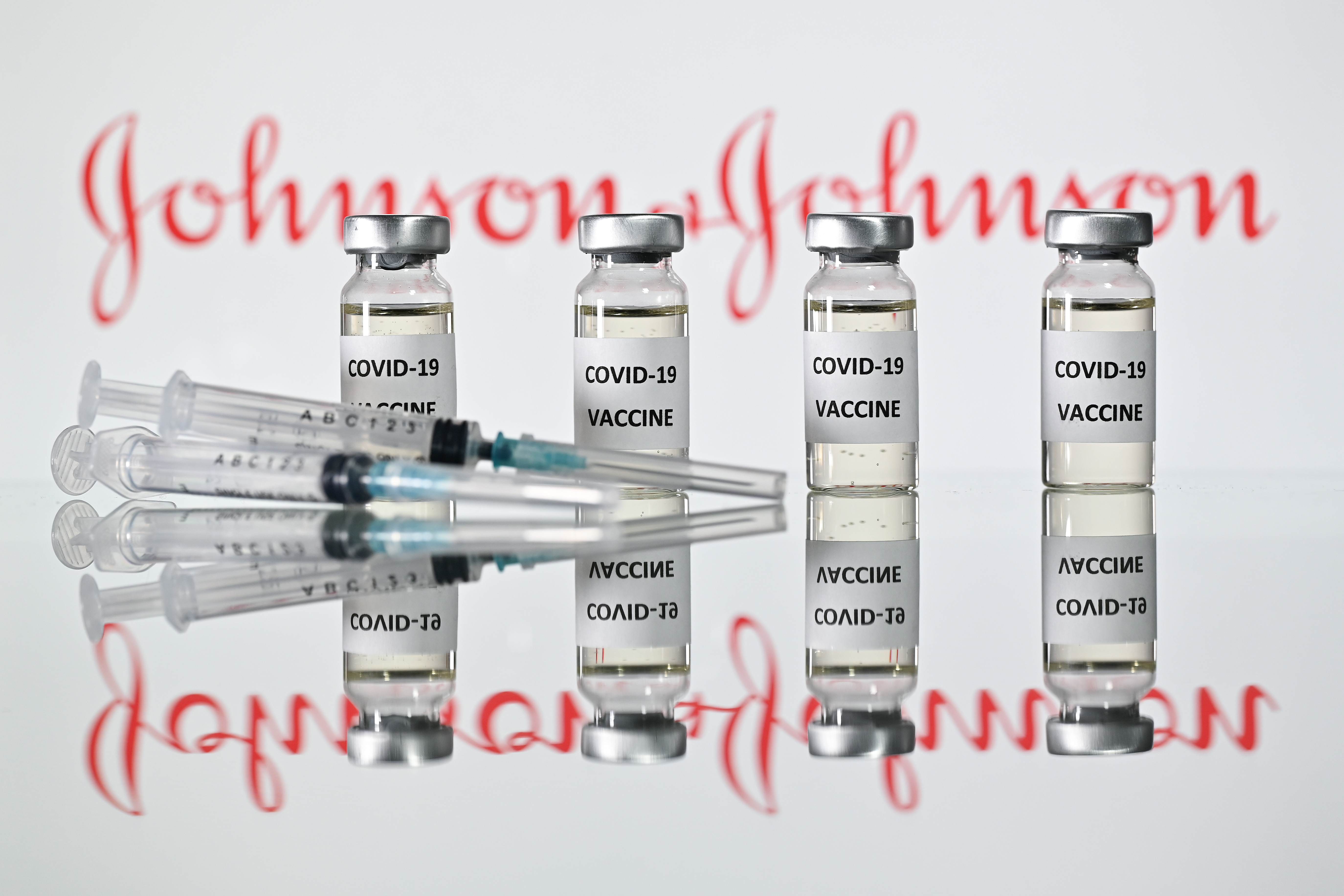The UK’s decision to lengthen the gap between first and second doses of the Pfizer and AstraZeneca vaccines has been criticised by some. But what if we had a vaccine which only needed one dose, and had been tested on that basis? A vaccination programme could progress far more quickly and without the complication of having to ask people to come back to a clinic a second time. In particular, it would simplify the distribution of vaccines in countries with less-well developed public health systems.
That is the promise of the latest vaccine candidate for which results have been reported: the Johnson & Johnson vaccine, which is based on an existing Ebola jab. However the results, published in the New England Journal of Medicine, cover only phases one and two of the trial — which measure the response of the immune system to the vaccine and other safety aspects. What they do not tell us is how well the vaccine worked in preventing participants from actually catching Covid-19. That is the subject of a phase three trial which is currently underway. In short, we are with the Johnson & Johnson vaccine about where we were with the Pfizer and AstraZeneca vaccines last summer. It will be some months before we can hope for the jab to be approved for use in a public vaccination programme.
The good news is that the Johnson & Johnson vaccine does appear to be effective at eliciting a reaction from the immune system. The trial involved two age groups, 18 to 55-year-old and over 65-year-olds. Twenty-nine days after being administered a single dose, 90 per cent of participants were found to have produced neutralising antibodies to SARS-CoV-2, the virus which causes Covid-19. At 57 days, 100 per cent had done so. The level of antibodies continued to increase and to stabilise up to 71 days after the dose was given — the date up to which the results have been reported. The immune response was described as ‘robust’ in both groups, although it was a little less strong among the over-65s.
As with the other vaccine candidates, there were some side effects: fatigue, headache, muscle pain and fever. In one case the fever suffered by a participant was described as serious, although symptoms were gone within 12 hours.
Assuming all goes to plan, the initial UK vaccination programme ought to be largely complete by the time that the phase three trials of the Johnson & Johnson vaccine are complete and it can be considered for approval by the Medicines and Healthcare products Regulatory Agency. But it could have an important role to play if, as many believe, vaccination against Covid-19 becomes an annual requirement.








Comments